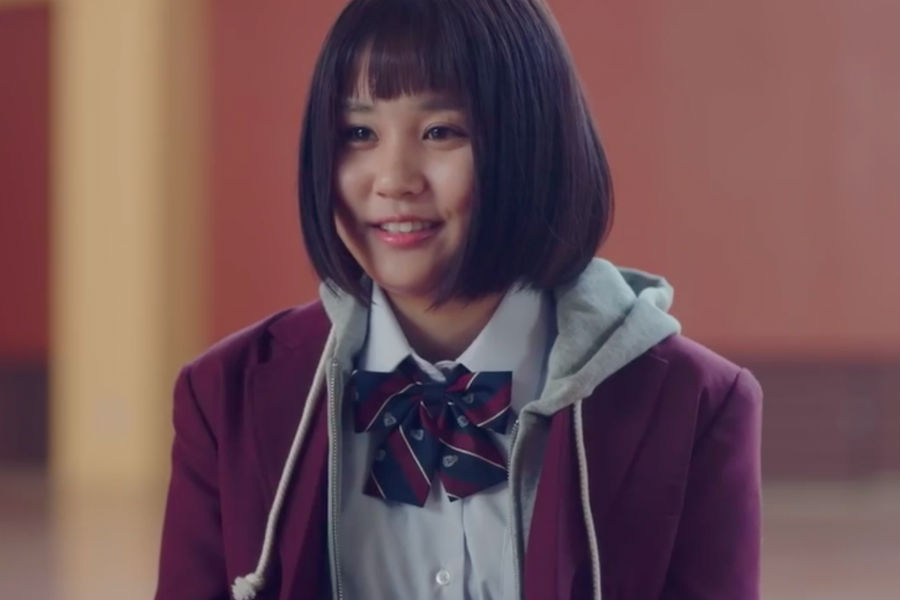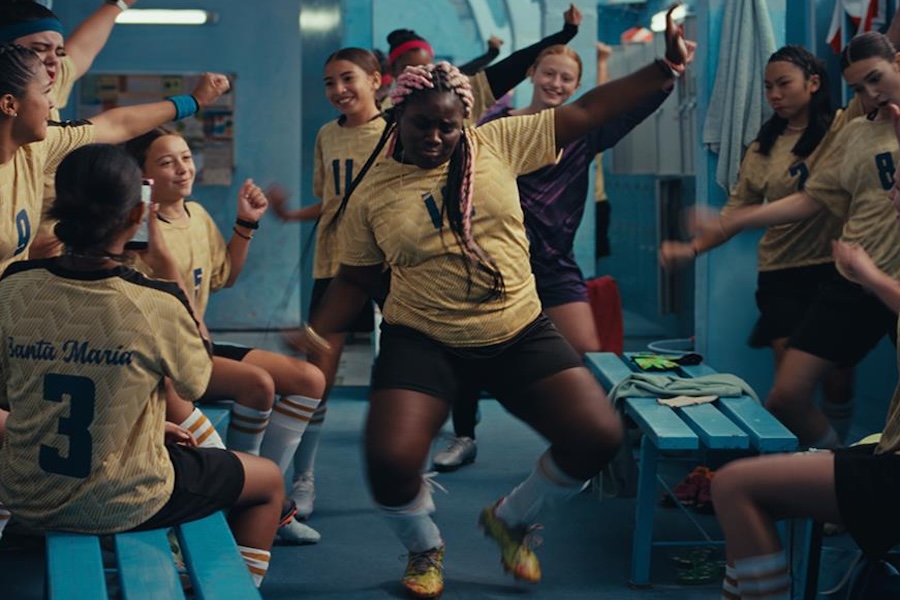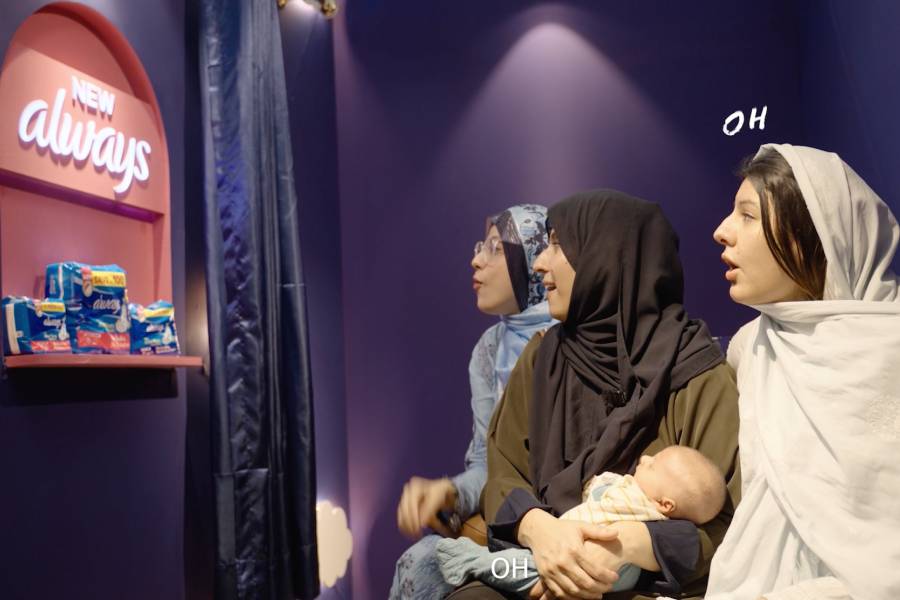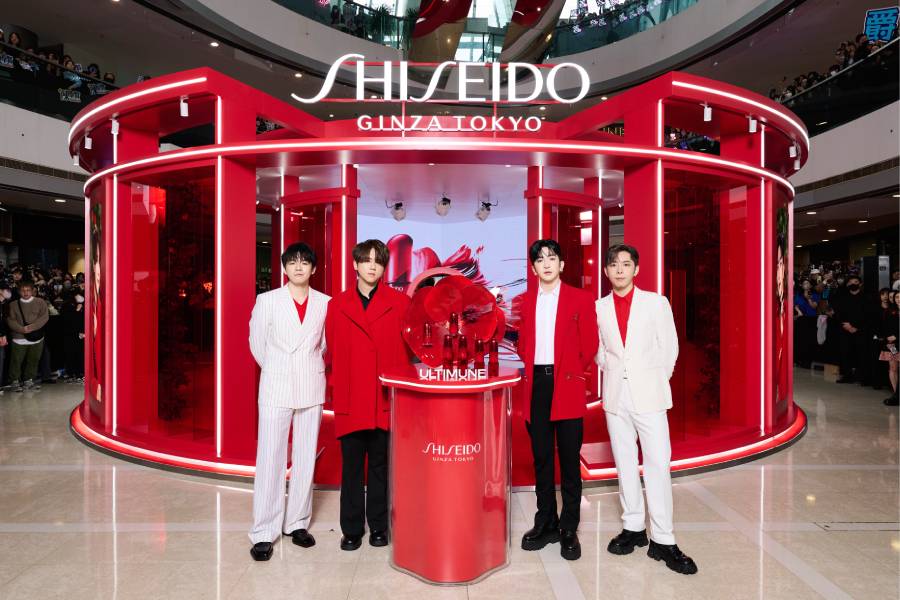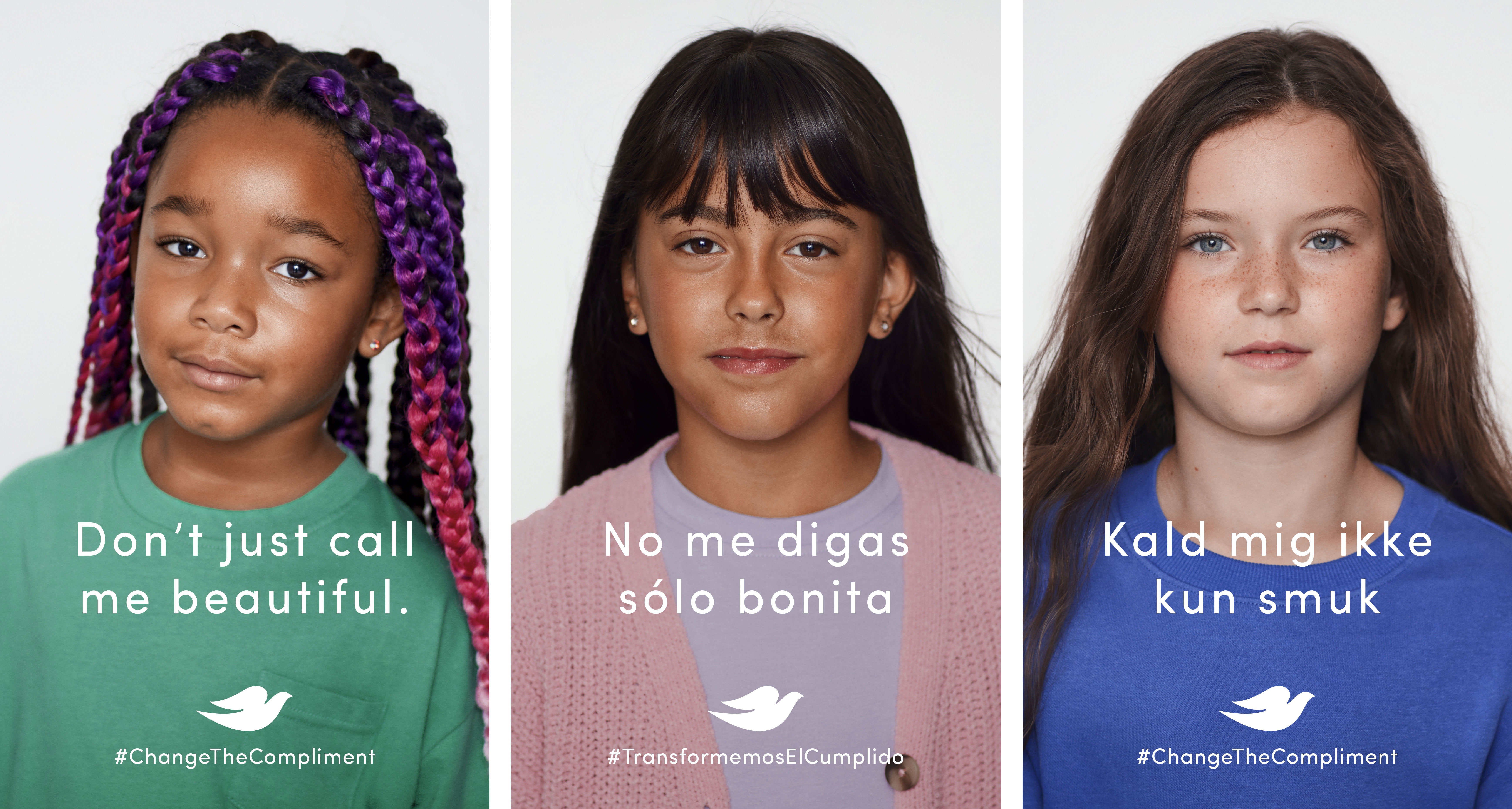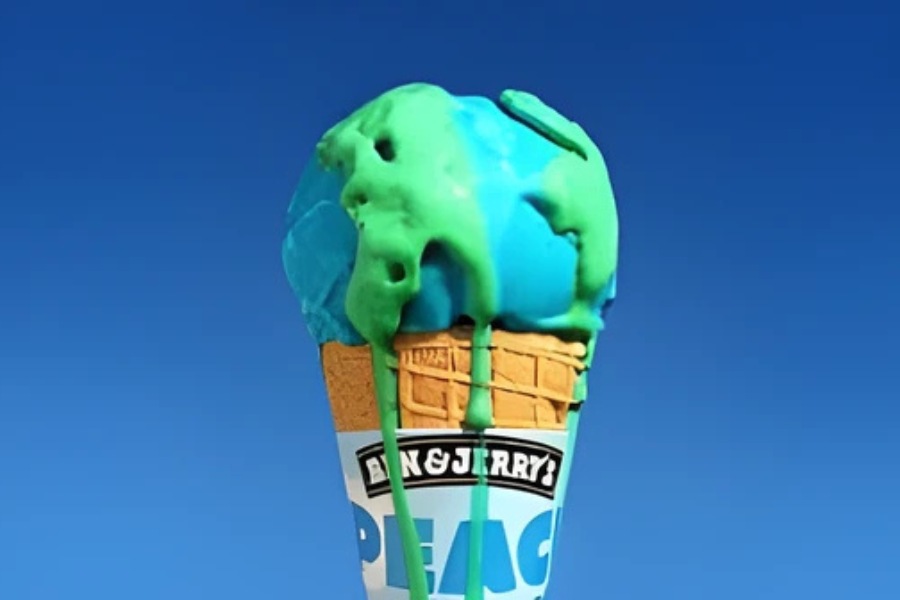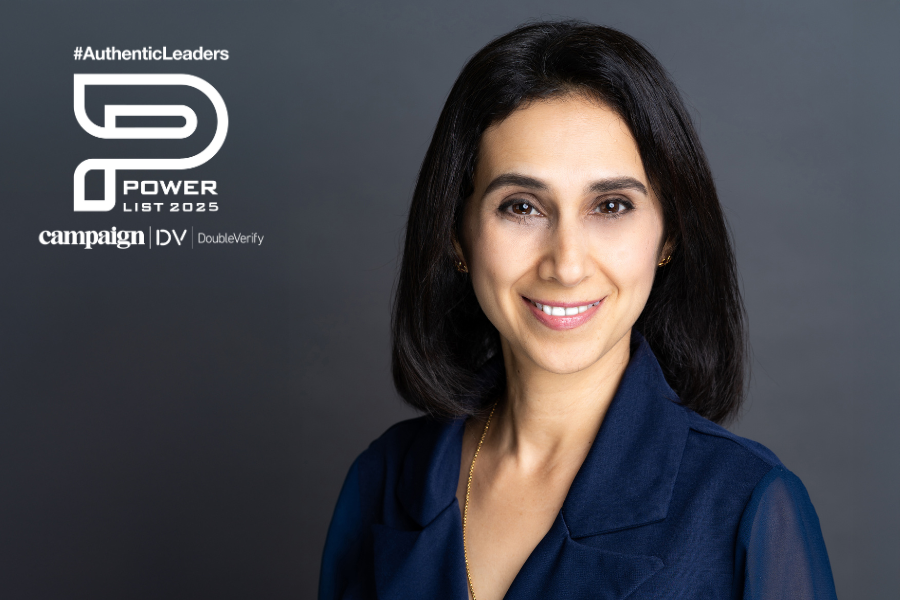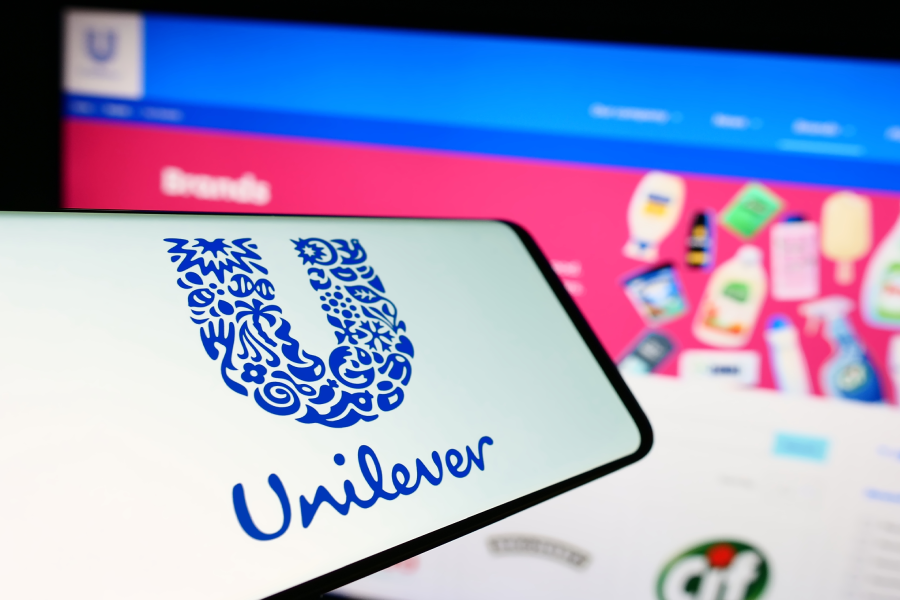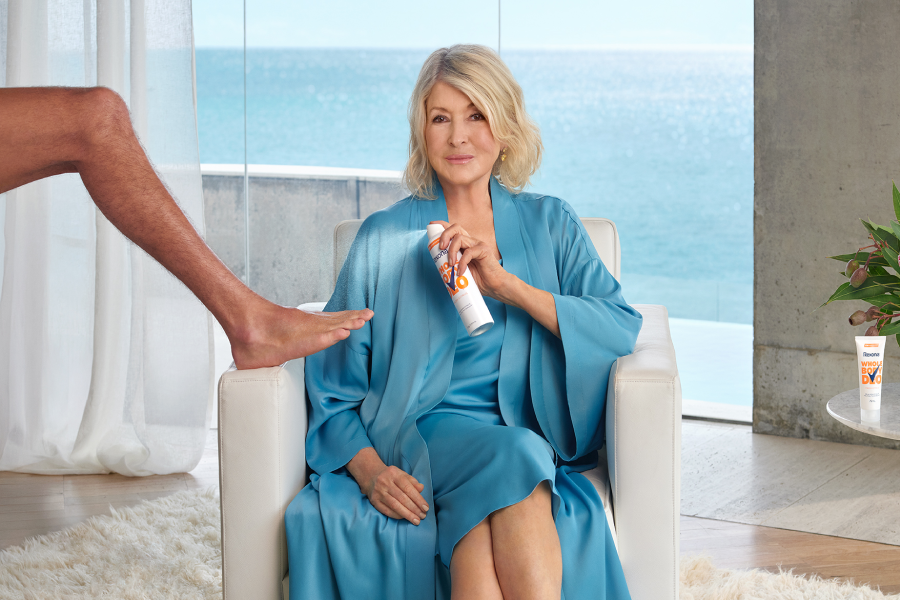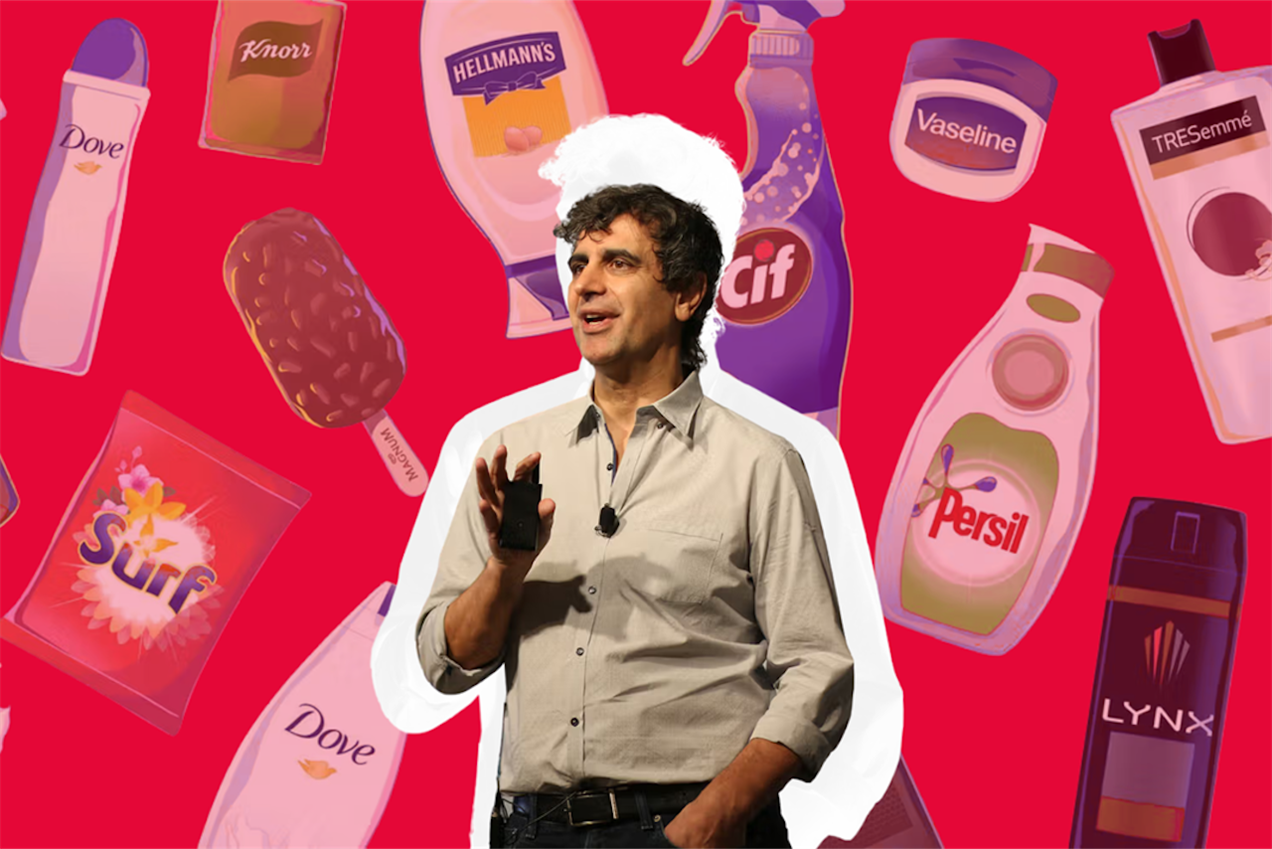CATEGORY ANALYSIS: HOUSEHOLD AND PERSONAL CARE
While there wasn’t a great deal of movement to report in the shampoo and shower gel/soap categories in Asia’s Top 1000 Brands, the continued dominance of P&G's Pantene and Unilever's Dove respectively show that their bold positioning has life in it yet.
Both brands have made a point in recent years of supporting those who are vulnerable and, where relevant, pushing for social change. It’s a strategy that people have responded well to. Although Dove fell a few spots in the overall ranking, it still sits comfortably at 27, based on its presence in both the above-mentioned categories. Pantene climbed to 118 from 139. In the shampoo category specifically, it climbed to third in Japan, where it has been especially active in encouraging a rethink of social norms.
Recent examples include leading an examination into school authorities’ prejudice against students with any hair colour lighter than black; a study into the graduate recruitment market, where unwritten—and unexplained—rules forbid self-expression; and a campaign celebrating individuality based on the popularity and surprising criticism of a baby with unusually abundant hair.

Dove has forged ahead with its efforts to raise female self-esteem. One example looked at how children sometimes hide their true feelings with the words, ‘I’m fine’; another challenged the hurtful labels based on physical appearance that are often dished out in Hong Kong; and in Japan, it rolled out a variation on the well-known ‘Sketches’ theme in an effort to fix low ‘body esteem’ among school girls.
Shiseido, which had a strong showing in its specific categories but fell from 47 to 58 overall, has also begun to reflect realities that competitors typically shy away from, a recent example being its portrayal of lesbian romance in ‘Party Bus’. The work drew criticism as well as praise, but whatever your view of this type of approach, it’s undeniably more interesting than the generic imagery we’ve come to expect from personal care brands.

